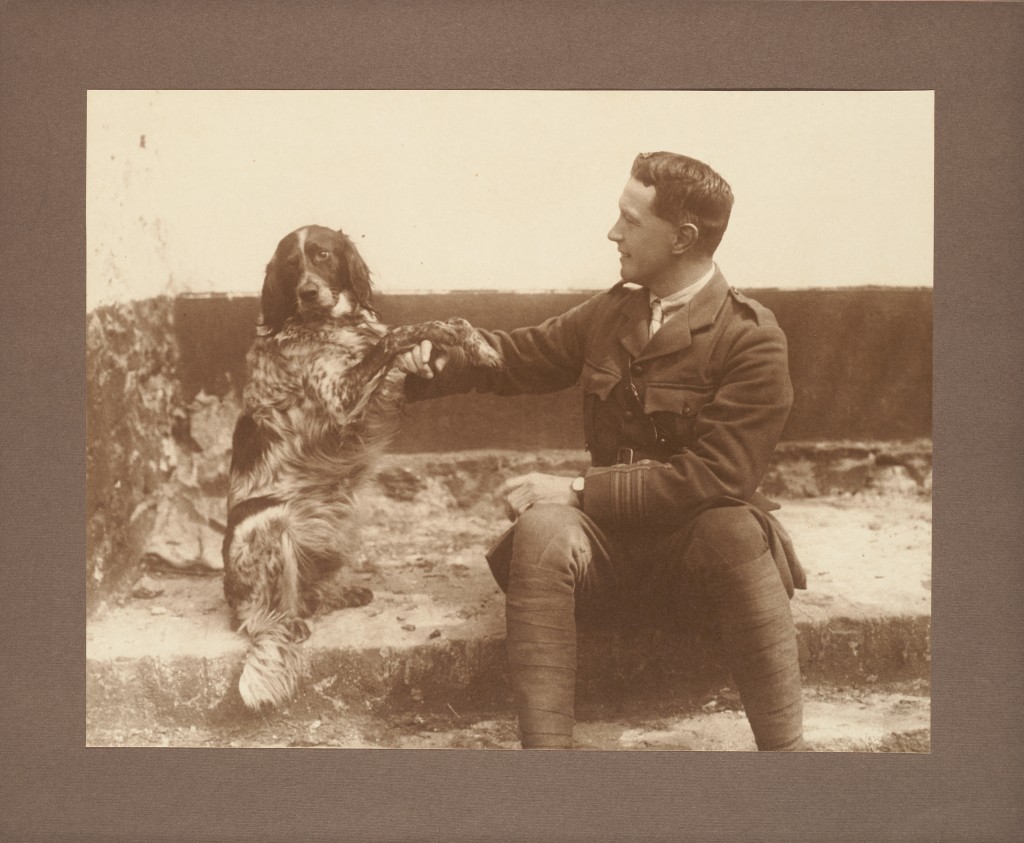(excerpt from McGill News article written by Linda Sutherland)
Ever stop to wonder why we pin a red poppy on our coat lapel in November to commemorate Remembrance Day? How did a flower become an emblem for war and loss?
The answer lies in the words of a poem, written by John McCrae, a Canadian physician and onetime pathology lecturer at McGill, while he was serving at the battlefront in Ypres, Belgium.
On May 3, 1915, the day after he performed a burial service for a close friend, McCrae reportedly sat on the step of an ambulance wagon and composed what is widely considered to be the world’s most famous war memorial poem:
In Flanders Fields
In Flanders fields the poppies blow
Between the crosses, row on row,
That mark our place; and in the sky
The larks, still bravely singing, fly
Scarce heard amidst the guns below.
We are the Dead. Short days ago
We lived, felt dawn, saw sunset glow,
Loved, and were loved, and now we lie
In Flanders fields.
Take up our quarrel with the foe:
To you from failing hands we throw
The torch: be yours to hold it high.
If ye break faith with us who die
We shall not sleep, though poppies grow
In Flanders fields.
*
Read the full story here.













Leave a Reply
You must be logged in to post a comment.